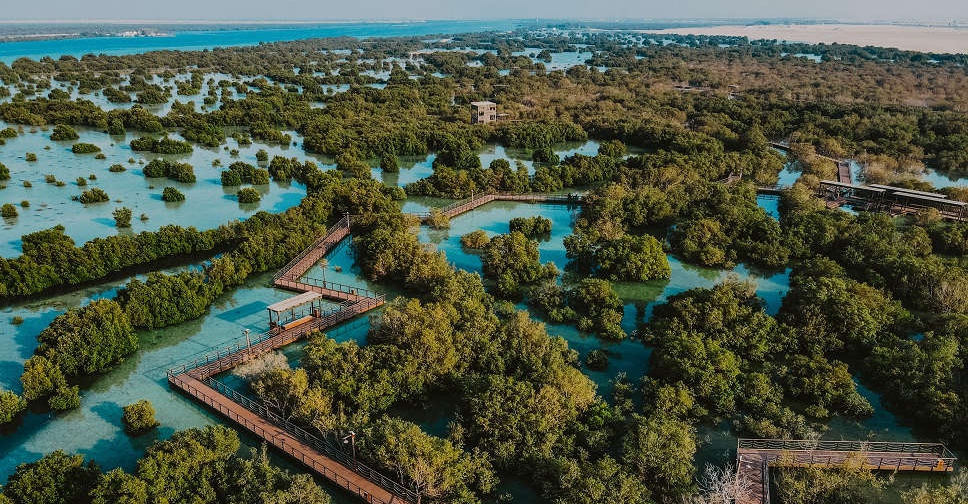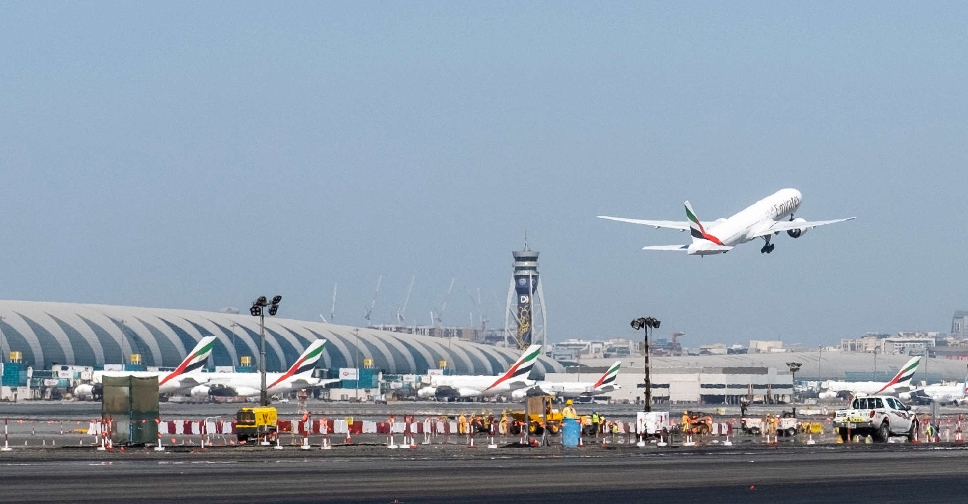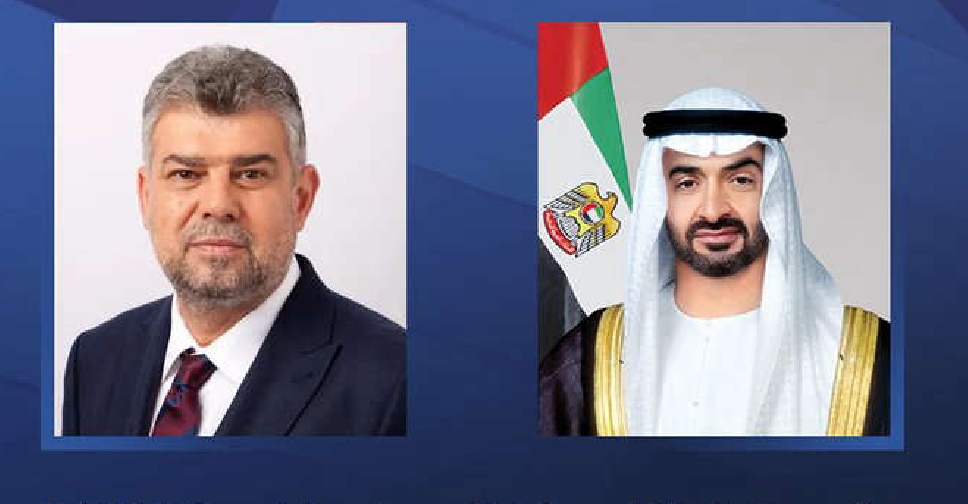
Sheikh Khaled bin Mohamed bin Zayed Al Nahyan, member of the Abu Dhabi Executive Council and Chairman of Abu Dhabi Executive Office, has met the Duke of Cambridge at Jubail Mangrove Park in Abu Dhabi.
Sheikh Khaled and Prince William talked about their work on globally impactful sustainability initiatives and were briefed on Environment Agency - Abu Dhabi's (EAD's) ongoing work to protect the environment and enhance biodiversity.
They also found out more about the Abu Dhabi Mangrove Initiative, launched to mark the Prince's visit, which is aiming to establish the emirate as a leading global centre for research and innovation on mangrove conservation and resilience.
The initiative, which will be implemented by EAD and has formed its first partnership with conservation charity the Zoological Society of London (ZSL) – of which Queen Elizabeth II is patron – will provide a platform for innovation in mangrove research, climate change mitigation, and community engagement. It will also see a state-of-the-art mangrove nursery established in Abu Dhabi as a research, learning, and outreach centre.
It will also enable the mass scaling of mangrove recovery as a key nature-based solution to biodiversity and climate crises through research and innovation.
While at the park, their Highnesses spent time with several school students, with whom they planted mangrove saplings, and discussed the importance of young people's commitment to sustainability efforts, now and in the future.
Jubail Mangrove Park opened in January 2020 to help protect biodiversity, raise awareness of the emirate's rich mangrove ecosystem, and showcase its natural heritage.
The park is home to various birds, land, and marine wildlife and features two kilometres of boardwalk, where visitors can learn about the important ecological function of mangrove habitats in protecting and supporting biodiversity.
Mangroves are coastal, intertidal forests that play a vital role in protecting coasts from storms and floods. They also provide a habitat for wildlife and regulate climate change, capturing more than four times the carbon of tropical forests.
Sheikh Khaled bin Mohamed bin Zayed, #PrinceWilliam discuss sustainability agenda at Jubail Mangrove Park in #AbuDhabi #WamNews https://t.co/koLYRdsGCg pic.twitter.com/Pa55NmexWW
— WAM English (@WAMNEWS_ENG) February 10, 2022

 DXB to return to full capacity within 24 hours
DXB to return to full capacity within 24 hours
 Dubai Crown Prince directs top officials to plan for weather emergencies
Dubai Crown Prince directs top officials to plan for weather emergencies
 UAE President, Romanian PM discuss bilateral ties
UAE President, Romanian PM discuss bilateral ties
 Dubai issues medal in honour of first line of defence
Dubai issues medal in honour of first line of defence
